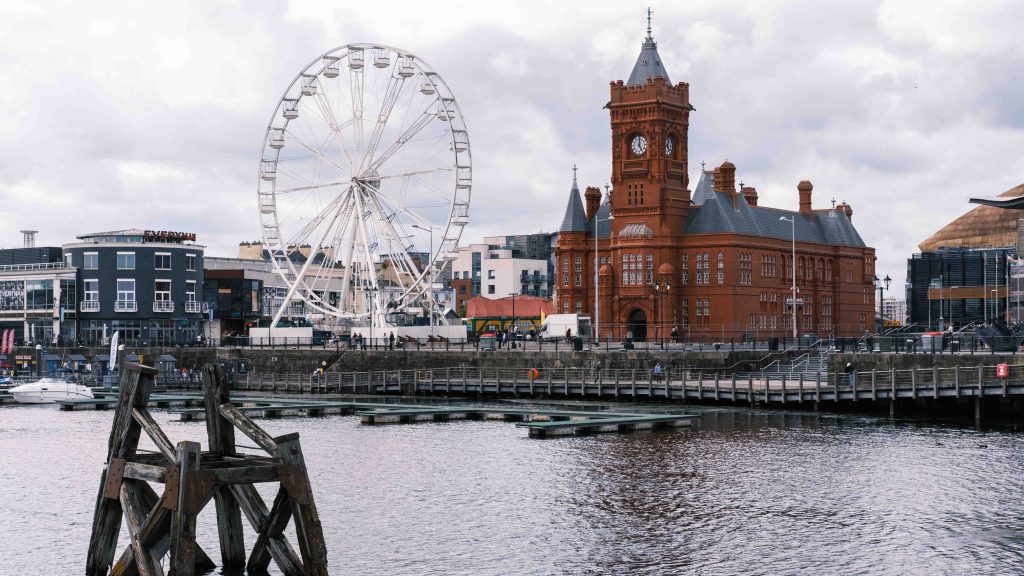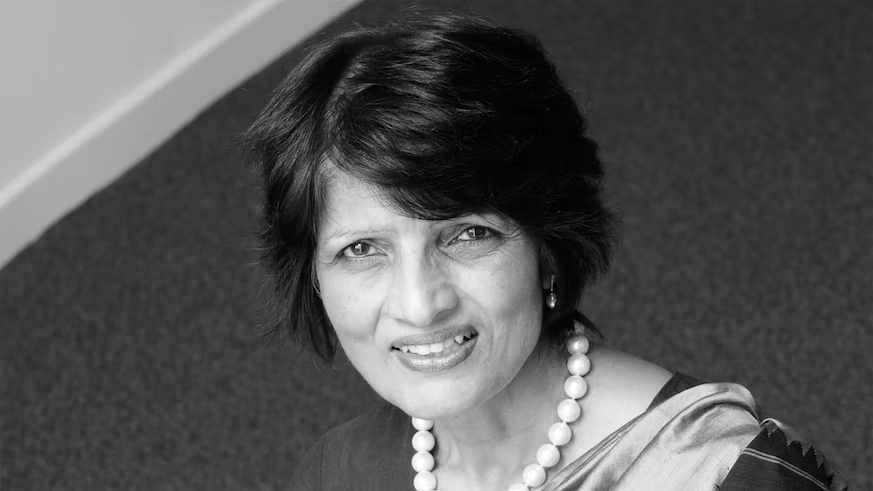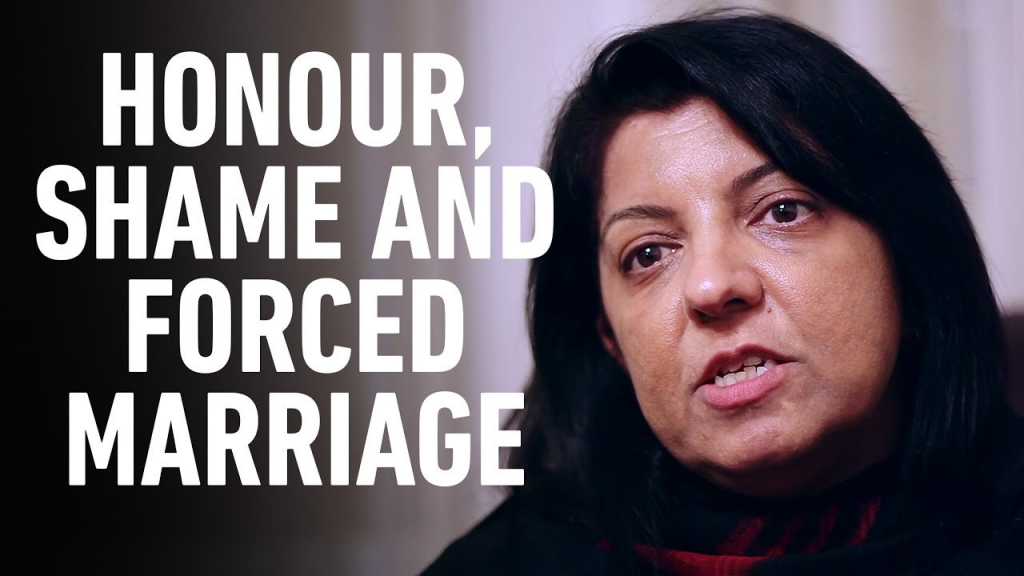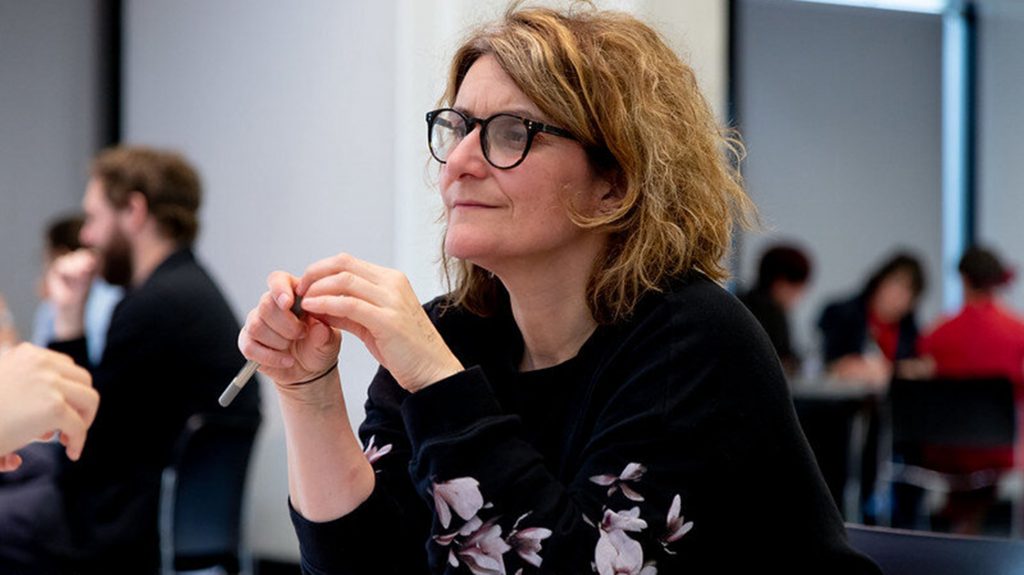The aim of the IWD 2023 Embrace Equity campaign theme, we spotlight influential women in Wales who are supporting equality and connecting the world.

Cardiff is heading the way to be more diverse and international, thanks for those women’ s care and efforts.
Most of them came from overseas and settled in Wales, making it a more inclusive city. Over the past decades, they have been making huge contributions to help marginalised groups be seen and build global communities.
The International Women Day provides a critical moment to remember those incredible women and honour their achievements to promote equality, peace and understanding. It’s time to see how women in Wales could make a difference in the community and the whole world.
Professor Meena Upadhyaya,Medical Geneticists/Equalities Advisor

As an Asian living in the West, Meena knows how hard it is to give your own voice and make yourself stand out..
When she attended the Welsh Woman of the year award ceremony in Cardiff in 2008 as one of the finalists, she noticed that Asian women were markedly under-represented among the finalists, even though some of them made incredible accomplishments.
At that moment, she decided to set a new platform to get more outstanding Asian women to be seen and recognized –it was the Welsh Asian Women Achievement Awards (WAWAA), and now it is re-branded as the Ethnic Minority Welsh Women Achievement Association (EMWWAA) to embrace all black and minority ethnic women and girls in Wales.
Born in India and moved to the UK at 19 as a housewife, Meena chose to go on studying for a Master’s Degree in Edinburgh, then she completed a doctorate in reproductive medicine.
She says: “When I was developing my career, I encountered many obstacles and I wish there’d been a role model to guide me, so I’m very pleased that now, as a result of our awards, we are recognising many inspirational role models for ethnic minority women and girls.”
Shahien Taj,Campaigner/Community advocator

Imagine what your life would be like if you were forced into a marriage. One common situation is that young girls were forced to marry older men in lieu of money owned by their family. If you refuse, you might suffer from slander, even the threat of death.
As the founder of the Henna Foundation, a specialist user-led agency to advance the needs of Asian and Muslim children and families, Shahien has devoted all her life to empowering those women.
Acquiring a practice in tackling the issues of ‘honour’ related abuses and forced marriages, she travels the world discussing the issues Muslim women face, helping marginalised women and trying to raise equality awareness.
She says : “Women in Islam are safer than they have been for years but she is facing increasingly complex cases. When you have a case of forced marriage or honour based violence – every second counts.”
Martha Musonza Holman,Businesswoman/Community advocator

Forced to flee her home country of Zimbabwe in 2001 after being criticised for teaching politics to students, Martha came to the UK in 2001. Even living in Wales, it was as if she had never really left home.
After several visits to Zimbabwe, seeing how the people were suffering, she created Love Zimbabwe Community Interest Company to introduce the positive aspects of Zimbabwe globally and reach a wider audience who have an allegiance, affection or concern for Zimbabwe.
They have given talks and sold their arts and crafts at various festivals in the UK and Wales, and worked to set up a social enterprise to help disadvantaged Zimbabweans, especially those in rural areas.
Martha feels strongly that diaspora Zimbabweans, black and white, should work together to improve conditions for the poor people in Zimbabwe.
She says: “We want to raise awareness of our work and create self-sustaining projects that will enable people to rebuild their lives.”
Uzo lwobi, Lawyer/ Equality Advisor

Uzo Iwobi moved to Wales from Nigeria to join her husband in 1993, but she was told that she would never get a job in the legal profession because she was black. Though she was a trained lawyer at home country, she was forced to work two jobs in a toy shop and a crisp factory.
Since then, Uzo has been fighting against racism for many years. She established the very first African Community Centre in the country and founded Race Council Cymru, an umbrella body challenging racial inequalities in Wales, Uzo was awarded an OBE(Most Excellent Order of the British Empire) for her contributions to community race relations and South Wales Communities.
Now she is calling on people and organisations across Wales to pledge a zero-tolerance approach to racism.
She says: “Everyday racism is a reality for people like me. I will continue to disrupt the establishment because change will only come when we challenge the status quo to improve equality for all…”
Rabab Ghazoul, Artist /Community Activist

Lots of people understand the power of storytelling, but for one woman in Cardiff it has become a life mission to use film to promote peace. Born in Mosul, Iraq, Rabab Ghazoul moved to Wales in 1993 and became involved in social-engaged visual art after graduating from Aberystwyth University.
It’s just about watching films and going around galleries, Rabab uses different media and processes to get people to engage with ideas around race and colonialism. She founded the Gentle/Radical Film Club in 2004 , the longest running community film project in the UK specifically devoted to minority ethnic audiences.
While thinking about her own with Wales, she has also been trying to think and explore to what position Wales is in the world while.
She says: “Perhaps enlisting people through creative practice is my way of choreographing versions of belonging. Wales’s position as a nation which was colonised by the English, but has also been complicit in the British imperial enterprise, and has been a recipient of the wider European colonial project.”
Hazel Lim, Artist/Autism advocate

Autism is often stigmatised and prejudiced in Chinese culture. Living overseas, when a Chinese child was diagnosed with autism, the situation became more tricky.
When Hazel realised her 7-year-old son was showing something different, her story with autism began. Despairing and helpless, she even resented the lack of knowledge and misunderstanding of autism in her home society at first. But she felt it a mission to respond positively.
Moved to Swansea from London, she completed an MSc in Autism and Related Conditions at Swansea University, and set up a Chinese Autism Support Group there.
Translation support, access to services, funding sources are all for Hazel to tackle as a Chinese minority ethnic group. Five years on, having painstakingly searched for, and reached out to families who need help, the support has reached different parts of South Wales.
She says: “This is a global scale mission and there are immediate needs for me to do more in the UK. With funding I can expand my work nationwide and set up a Chinese autistic charity, bringing together more authorities, service providers, health and social professionals and interpreters.”
Ann Pettitt, Mother/Peace Activist

In the military and war fields, there is no doubt that men have long been dominant. Women’s voices are needed in politics and anti-nuclear movements.
Scared for the future of sons and the world and angered by the “stupidity” of the Cold War arms race, a young mother Ann, with three like-minded women, decided to walk to the base from Cardiff and protest at plans to store cruise missiles.
It was a journey that eventually mushroomed into a massive popular protest, The Women’s Peace Camp at Greenham Common, involving tens of thousands of women from across the globe and lasted nearly two decades, aiming to provoke public debate with the government regarding nuclear weapons.
She says: “I believe Greenham had big implications, which gave a lot of different possibilities to a lot of women. I can’t say that Greenham stopped the arms race, but it changed the atmosphere. Welsh women brought to Greenham a lot of directness, vibrancy and oomph .”
